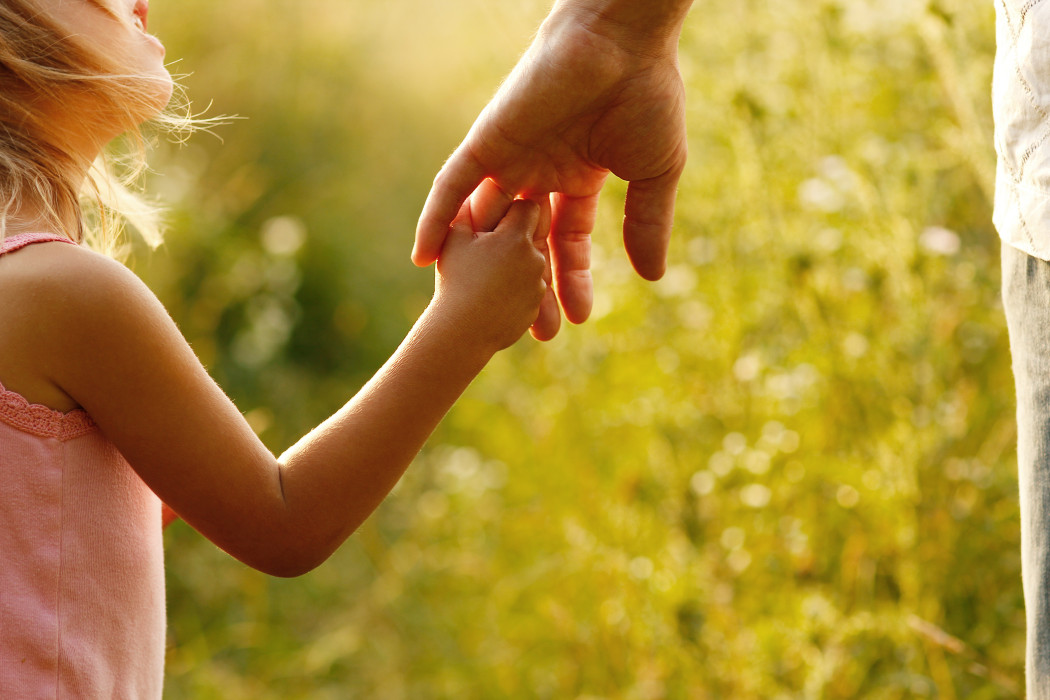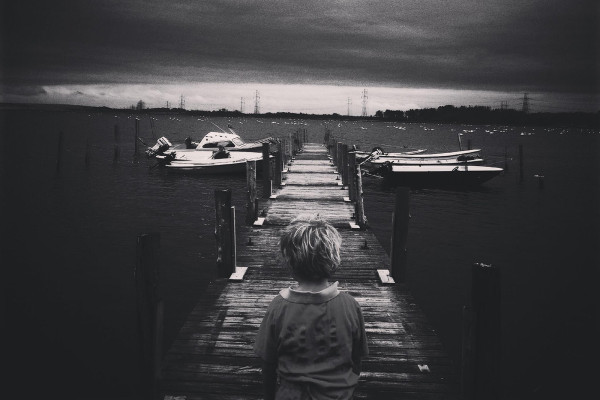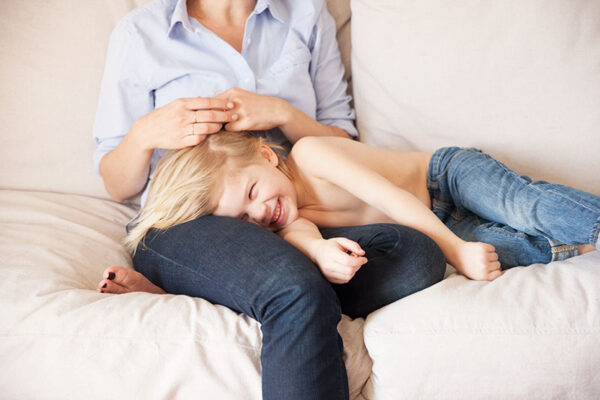The biggest newspaper in Poland recently did an interview on the Danish Way which was the most well-received and highly read article in the whole paper. We have translated it for you. For those who read Polish, the original article is here
Denmark continuously ranks very high in all international happiness surveys (both for adults and children). Why would you say this is the case? Is this just an objective measure, or maybe Danes don’t like complaining about their well-being like the British, American or Polish people?
The Danes have been voted as one the happiest countries in the world for over 40 years in a row. This is because they have figured out a way to cultivate more wellbeing in their people in general. They sew the seeds young so their children grow up to be happier, more resilient adults. They also complain less but this is not the main reason.
How did an idea of writing a book on the “Danish way of parenting” come about? Was there any significant event or person that inspired it
While raising my own kids with my Danish husband, I noticed that I preferred all the Danes’ off the cuff advice to the many parenting books I had read. One day while listening to my husband alter our daughter’s language around something scary (that would change her experience of it for life), it struck me that there might actually be a Danish Way of parenting! I called Iben, who is an expert in the parenting field in Denmark, and together we asked “does a Danish Way of Parenting exist?” There was no literature on the subject because it is so much a part of the cultural fabric that it isn’t obvious to the Danish eye. But we did a lot of research and together, we laid out the pillars of this very powerful parenting philosophy.
So how would you describe the Danish parenting style? Is it in any way similar to what Paula Druckman wrote in her very popular (mostly abroad 🙂 book “French children don’t throw food” about raising children in France? Did both of you read and like her book?
Honestly, we haven’t read her book yet so we can’t really comment. We have ordered it though because we are getting asked this question a lot! What we can say is that the Danish Parenting philosophy and the French philosophy are very different. We have many friends (French, non French and mixed culture) who are raising their children in France and we have both spent quite a lot of time there. The Danish Queen’s husband is French so the French way isn’t completely foreign to the Danes. While we can’t say that one parenting style is better than the other, we can merely point out that these countries rank very differently on the happiness scale year after year. Denmark is consistently voted at the top whereas France scores much lower. This year they were number 29 below Oman, Mexico and the U.S. That’s four spots down from last year. French children might not throw food, but are they happier for it in the long run?
In your book you mention several values that have guided parents in raising happy kids – the notion of equality, teamwork, empathy etc. It seems to me it would be difficult to teach these values on your own, just as a parent, and what makes Denmark such a happy place is a joint force – schools and institutions instill all the same values as families do. Would you agree?
All of the things we mention in the book come down to a mindset, which everyone can have if they want it and work at it. At school, at home, with friends, family and educators. The key here is empathy and trust, not individualism and stardom. Everything springs from there. The Danes are very advanced in their level of empathy. And they have been very good at instilling an inner drive in children by respecting the zone of proximal development rather than mainly focusing on external measures of success. And of course the hygge!
How is Danish school (and lower level of education – starting from creche/nursery) different from other countries?
They are different because they are so play based and they actively teach empathy in school. Even as early as pre-school, there are programs in place to teach children empathy. Danes want their kids to be kids first and foremost and to play together as long as they can.
Very interestingly, you mention how important play is in children’s life – just a frivolous, not aimed at education or success kind of spending your time in a pleasant environment and doing fun things. How come the Danes discovered it as a best technique to raise happy children? This idea also pops out in Druckman’s book – as opposed to the American goal-oriented ways.
Play has been important in Demark since 1871 when it was discovered to be an important part of education. From that point on, it has always been respected as important for children’s learning. My curiosity as an American is this; I wonder if the decline in free play in America has something to do with it being just that…”free”. No one earns money from it. Now play is almost seen as the lazy choice. There is a lot of pressure to have your kids “enrolled” in a lot of things that give parents measurable results for their kids learning and that costs money! I have often joked that as the idea of free play catches on in the US-because it actually is really important for kids’ development and learning- we will start to see “Free Play” classes popping up. That would be, you pay for your kids to go and “play “to become more resilient and use their imagination. I imagine parents getting some kind of report card at their progress for reaching the zones of proximal development. This defeats the purpose, of course, because part of the point of free play is that children learn to regulate themselves. There is nothing to “achieve” in play therefore a child’s inner drive can thrive. But who would make money if that became popular? It’s something funny to think about.
Primary difference between Danish and American parenting styles? Are there any seemingly controversial things Danish parents do? (for example there is an issue with spanking, but also how much control should you give to your kid etc).
There are really so many differences. It’s hard to mention them all. We recommend reading the book to find out!
To Jessica -Do you recollect any clashes with your husband over different ways of dealing with children?
Well the first clash we had was about “discipline” when I was pregnant with our daughter. I was fixated with how we would “control” our kids. He couldn’t understand my fixation on “discipline”. For him, spanking was an unthinkable tool to use for raising children. Spanking is illegal in Denmark where for me it was completely normal growing up; as it is for many people. So it took us having a lot of discussions and debates for me to really change my mind about it. Now I am seven years in without raising a hand to my children and I can honestly say that physicality is not necessary to raising happy well-adjusted kids. I can’t even recognize the way I thought before. The Danes use a “no ultimatums” approach, which avoids power struggles. It really works and you gain much more respect from your kids, which facilitates a better relationship in the long run. As Buddha says “it is better to conquer yourself than to win a thousand battles.” We have had no clashes otherwise, because in my heart, I always felt that the Danish Way made a lot of sense. I have merely tried to learn from it and implement it. I can honestly say that it has made me a better person and a happier parent.
What is the state’s role big in making Danish families – parents and children – happy?
In general we stay away from political or social discussions about Denmark because we want to focus on the parenting style. What we will say is that the caring and the importance that Danish society gives to parents and to children is a direct reflection of a society that actively teaches empathy. People grow up to care more about others, have more trust and this creates more wellbeing in general.
A question to Iben – you work as a psychotherapist – what would you say is still the biggest challenge for children’s happiness? And is it really that important to TRY to raise happy kids – since maybe a happy, fulfilled parent already equals a happy kid?
I would say that loneliness is a factor in children’s happiness here. I see a lot of children and young people who feel lonely. They struggle with expectations and demands that are placed on them – or what they believe they are supposed to live up to. Unfortunately, social media is playing a big role here which we can’t really control. Social media is here to stay. It gives many young people a false picture of reality. I try to help them and parents be aware of that. I think it is always important to “try” as a parent. We are always discovering things we don’t know and no one is perfect. I often recommend our book in my practice because even if you are already a happy parent, there are always things we can improve. Many parents can benefit from focussing on areas they may need to concptualize better or have practical tips. For example, one area I help parents with in my practice, is to think about their children more and empathize with them on their level. This is really useful for the whole family.






Komal Bazaz Smith
I’ve been listening to your book on Audible and I love the ideas and concepts. I have to say, though, that of course these are things you want to instill in your children, but the question is HOW. For example, you talk about validating children’s emotions and trying to understand why they are crying. But what if you have established rules (say about wearing nice clothes to a birthday party, or not wearing shorts when it is below 60 degrees outside or not getting your own phone until you are at least 13), and you understand and empathize that the child doesn’t agree with those rules and you know why they are whining and complaining or crying, but that sort of behaviour isn’t acceptable?
I “think” I am an authoritative parent, and I know I am very empathetic in my friendships and in the world around me, but I find that if I am too empathetic with my children, they feel like their whining or complaining is justified and I worry that they are being raised as entitled and feeling like they should always have a voice, even when they should be in listening/learning mode about others.
Thank you in advance for any advice or guidance.
Komal